Which is more efficient, a generator or an inverter?
The choice between traditional generators and modern inverter generators depends heavily on your specific power requirements and operational scenarios. Both technologies offer distinct advantages, with conventional generators typically excelling in continuous heavy-duty applications while inverter generators shine in situations requiring clean power and variable loads. Understanding these fundamental differences helps determine which solution provides optimal efficiency for your particular needs, whether you're considering a standard fuel efficient generator for industrial applications or exploring inverter technology for sensitive electronic equipment.
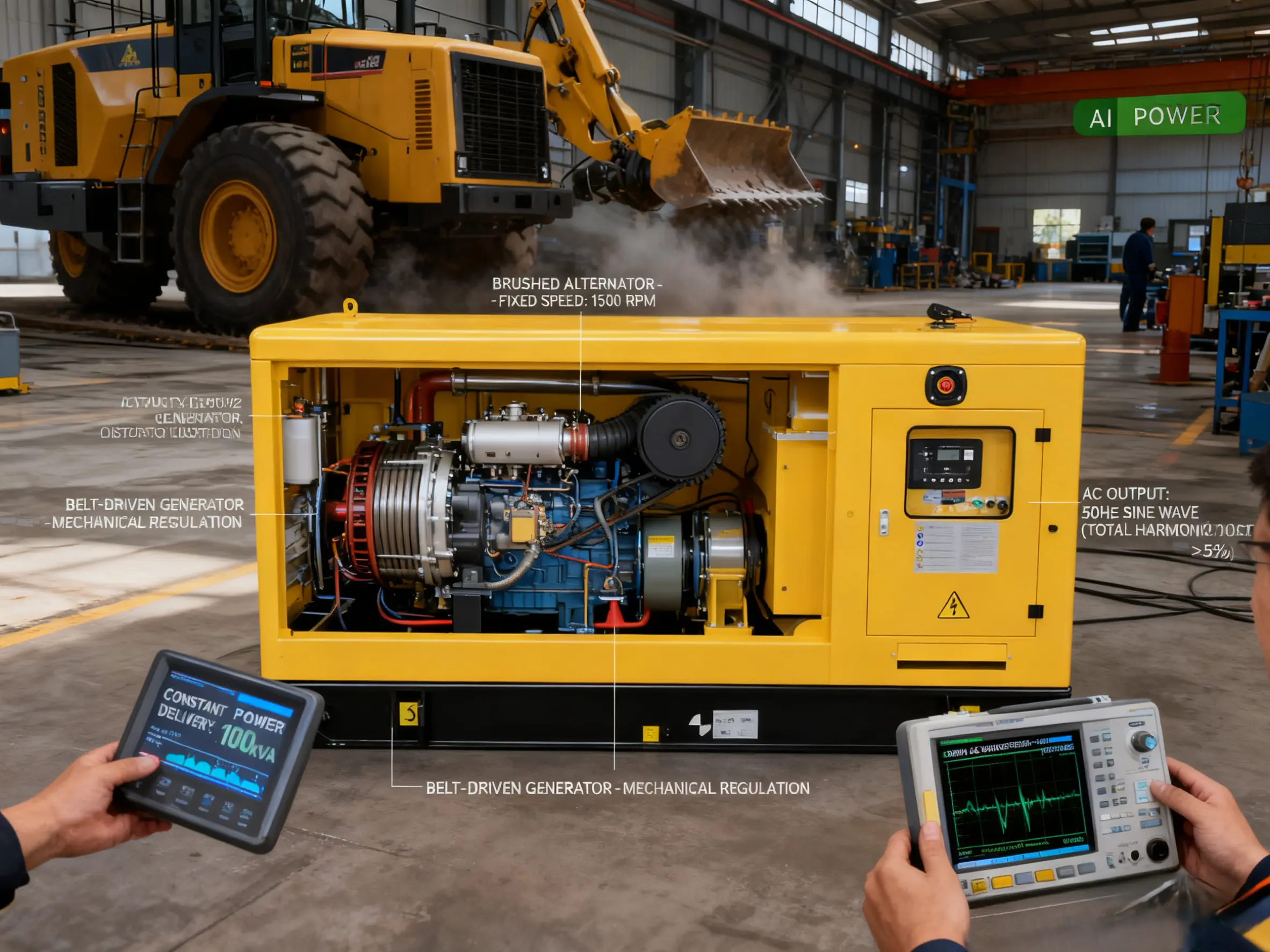
Working Principle Comparison
The core operational differences between these technologies significantly impact their efficiency characteristics:
Conventional Generators:
Engine directly coupled to the alternator at constant speed (typically 1800 or 3600 RPM)
AC output frequency directly tied to engine speed
Mechanical voltage regulation through governor systems
Simple robust design with fewer electronic components
Inverter Generators:
Engine generates AC power which is converted to DC
DC power is then inverted back to clean AC output
Microprocessor controls adjust engine speed based on load demand
Three-stage power generation: produce → convert → invert
Key Efficiency Implications:
Conventional generators maintain constant speed regardless of load
Inverter generators adjust engine speed to match power demand
Power conversion processes in inverters introduce additional efficiency losses
Application Scenarios for Each Technology
Different operational requirements favor different generator technologies:
Inverter Generator Applications:
Powering sensitive electronics (computers, medical equipment, audio systems)
Recreational uses (camping, RV power, outdoor events)
Backup power for homes with sophisticated electronics
Applications requiring quiet operation and portability
Situations with highly variable load demands
Conventional Diesel Generator Applications:
Industrial facilities requiring continuous heavy-duty power
Construction sites powering heavy equipment and tools
Agricultural operations with consistent power demands
Emergency backup systems for commercial buildings
Prime power applications in remote locations
The robust design of a traditional fuel efficient generator makes it ideal for applications where reliability under continuous heavy loading takes priority over noise levels and power quality refinement.
Operational Characteristics Comparison
Critical performance differences that impact practical efficiency:
Fuel Efficiency:
Inverter generators: 20-40% better fuel economy at light loads
Conventional generators: Better efficiency at near-full load capacity
Load response characteristics significantly differ between technologies
Power Quality:
Inverter generators: <3% THD (Total Harmonic Distortion)
Conventional generators: 5-15% THD depending on design quality
Voltage stability superior in inverter units under varying loads
Noise Levels:
Inverter generators: 50-65 dBA at typical operating distances
Conventional generators: 65-85 dBA depending on size and enclosure
Noise reduction directly impacts suitable operating environments
Load Response:
Inverter generators: Instantaneous response to load changes
Conventional generators: Temporary frequency/voltage dips during load transitions
Economic Analysis
Understanding the cost implications of each technology:
Initial Investment:
Conventional generators: Lower cost per kilowatt for basic models
Inverter generators: Premium pricing due to sophisticated electronics
Industrial-grade conventional units command higher prices with advanced features
Operational Costs:
Fuel consumption: Inverter advantage at light loads, conventional advantage at heavy continuous loads
Maintenance requirements: Conventional generators typically have simpler service needs
Repair costs: Inverter generator electronics can be expensive to replace
Lifecycle Value:
Conventional generators: Longer service life in heavy-duty applications
Inverter generators: Better protection for connected sensitive equipment
Total cost of ownership varies significantly by application pattern
For operations requiring continuous heavy power output, a well-designed fuel efficient generator often provides the most favorable long-term economic value despite higher initial fuel consumption at partial loads.
Selection Guide and Common Misconceptions
Making the right choice requires understanding key decision factors:
Selection Criteria:
Primary use case and load profile analysis
Power quality requirements for connected equipment
Runtime requirements and fuel availability
Environmental considerations (noise restrictions, emissions)
Power Capacity Considerations:
Inverter generators: Typically available up to 10kW in single units
Conventional generators: Available from 2kW to multiple megawatts
Parallel capability of modern inverters for increased capacity
Common Misconceptions:
"Inverter generators are always more fuel-efficient" - Only true at light loads
"Conventional generators damage electronics" - Modern units with AVR are generally safe
"Bigger is always better" - Oversizing increases fuel consumption and wear
"All inverter technology is equal" - Significant quality differences exist between manufacturers
Understanding that a properly sized fuel efficient generator often represents the most practical solution for industrial applications helps avoid overinvestment in unnecessary technology features.
Conclusion
The efficiency comparison between conventional and inverter generators reveals that each technology excels in different scenarios. Inverter generators provide superior fuel efficiency at light loads and excellent power quality for sensitive electronics, while conventional generators offer better full-load efficiency, higher power capacity, and greater durability for heavy industrial use. The optimal choice depends entirely on your specific power requirements, operational patterns, and performance expectations.
Our technical team can help you determine the most efficient power solution for your specific application requirements. Contact us at skala@whjlmech.com for professional guidance in selecting between conventional and inverter generator technologies.
References
- International Electrotechnical Commission. (2023). IEC 60034: Rotating Electrical Machines. Geneva: IEC.
- Institute of Electrical and Electronics Engineers. (2023). IEEE Standard 519: Recommended Practice and Requirements for Harmonic Control in Electric Power Systems. New York: IEEE.
- Energy Efficiency Council. (2023). Generator Technology Comparison and Selection Guide. London: EEC.
- Johnson, M. (2022). Emergency Power Systems: A Comprehensive Guide to High-Speed Diesel Generators. Power Engineering Quarterly, 45(3), 78-92.
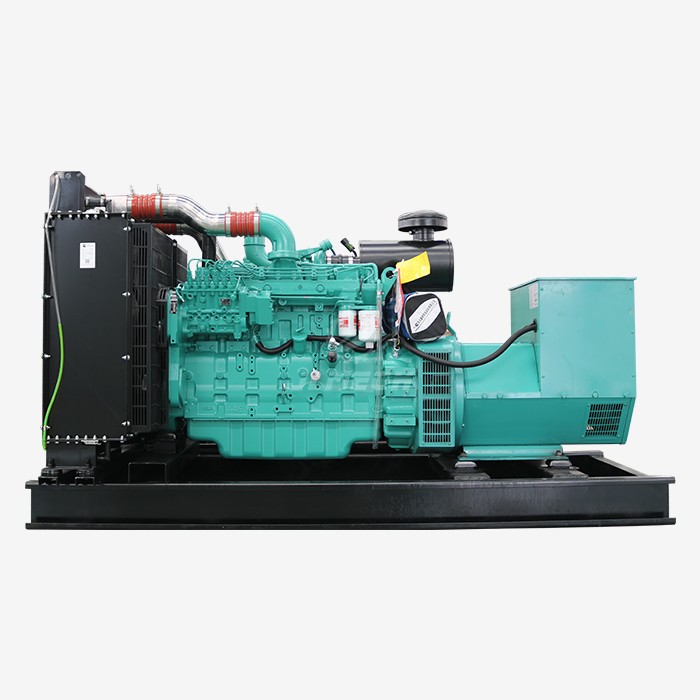 VIEW MOREOff grid generator
VIEW MOREOff grid generator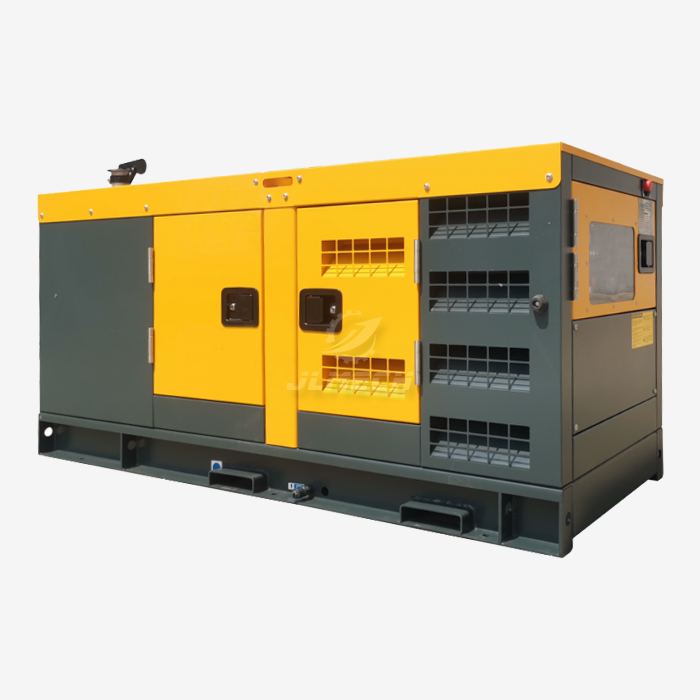 VIEW MOREOverload Protection Diesel Generator Set
VIEW MOREOverload Protection Diesel Generator Set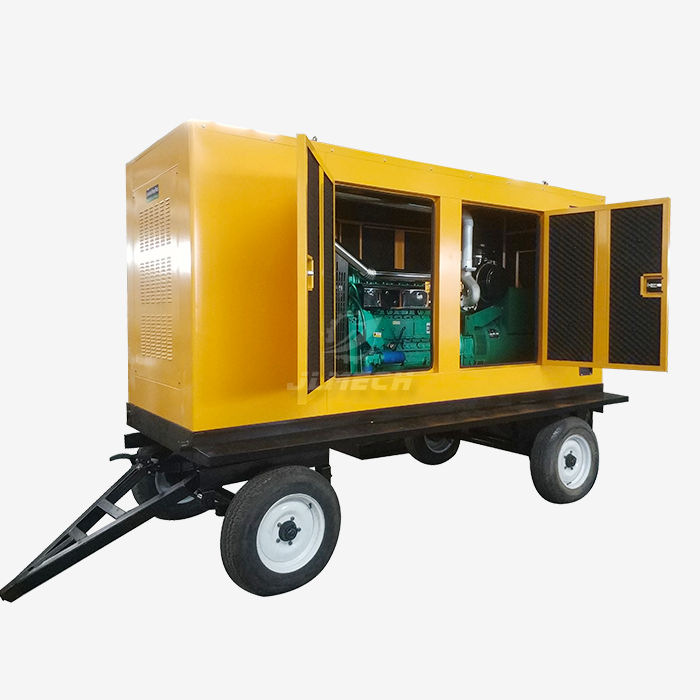 VIEW MORETrailer Type diesel generator
VIEW MORETrailer Type diesel generator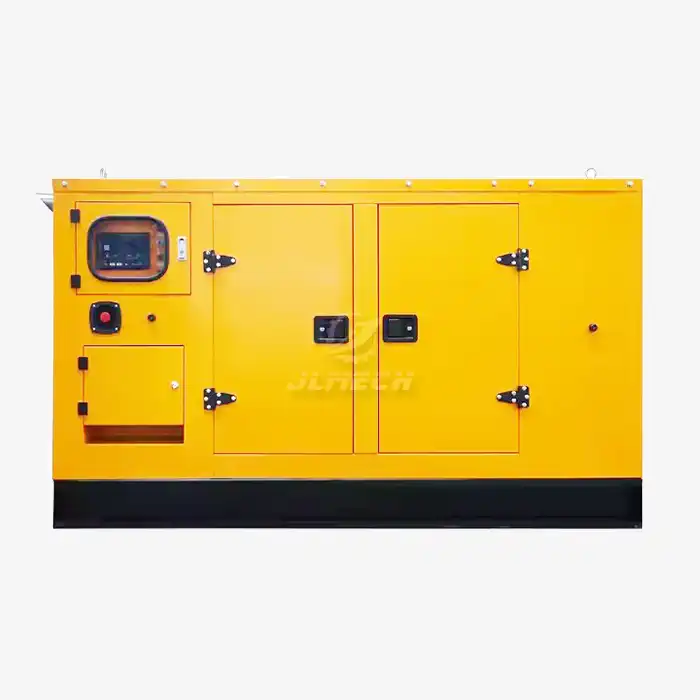 VIEW MOREElectric start diesel generator
VIEW MOREElectric start diesel generator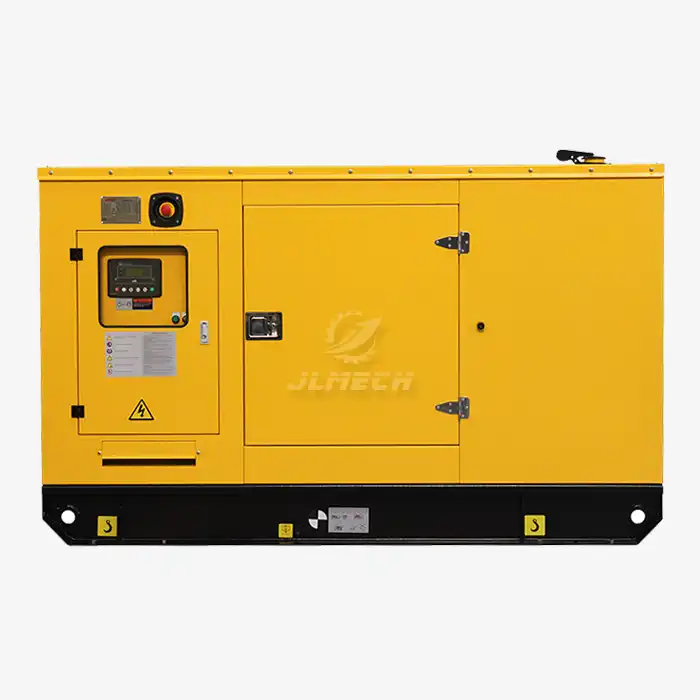 VIEW MOREElectric Silent Diesel Genset
VIEW MOREElectric Silent Diesel Genset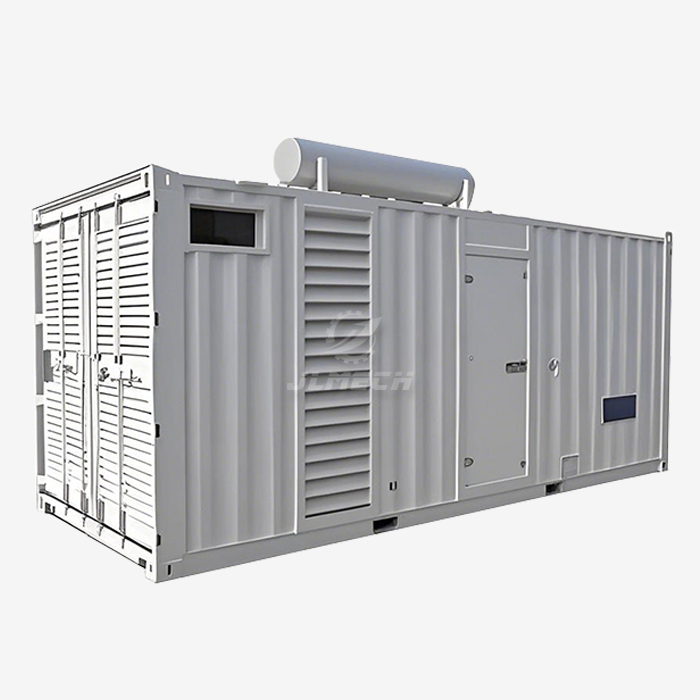 VIEW MOREgenerator 2500kva mitsubishi
VIEW MOREgenerator 2500kva mitsubishi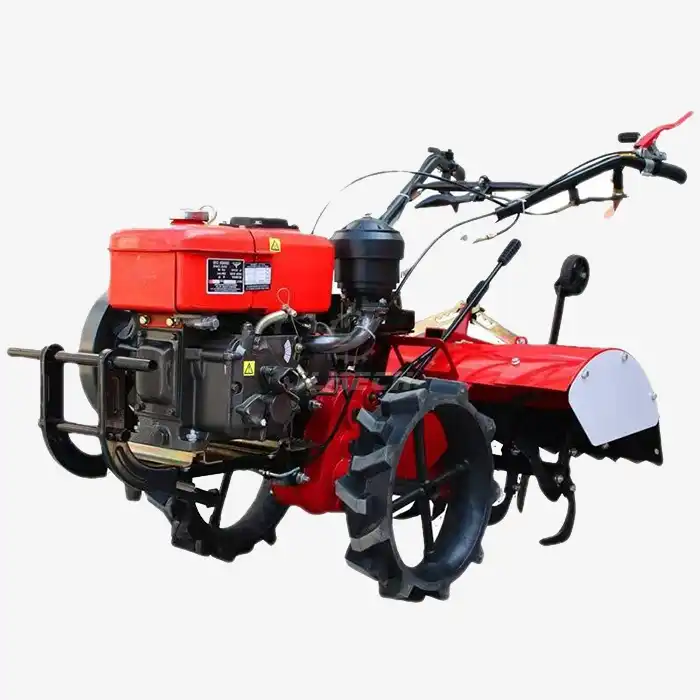 VIEW MOREcultivator machine farm cultivator
VIEW MOREcultivator machine farm cultivator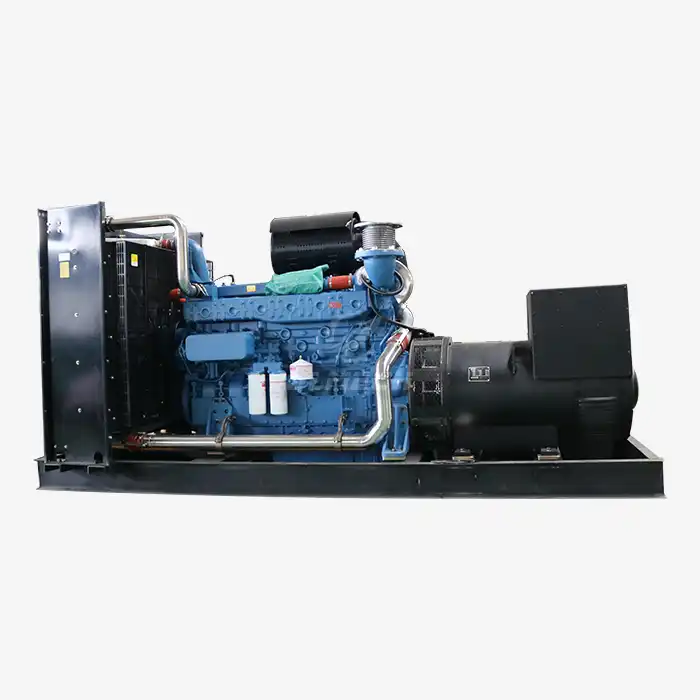 VIEW MOREdiesel generator yuchai 80kva
VIEW MOREdiesel generator yuchai 80kva



